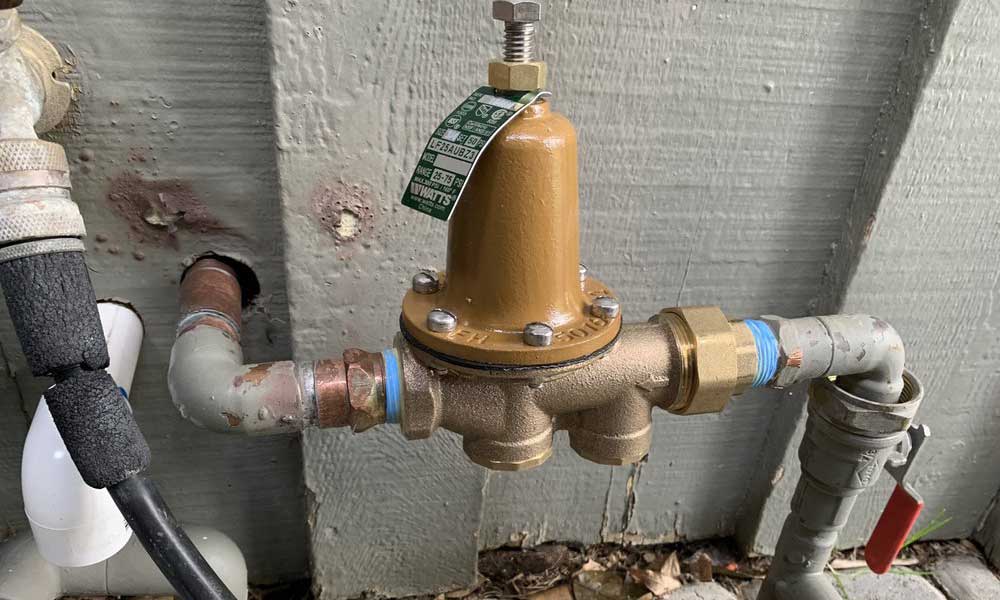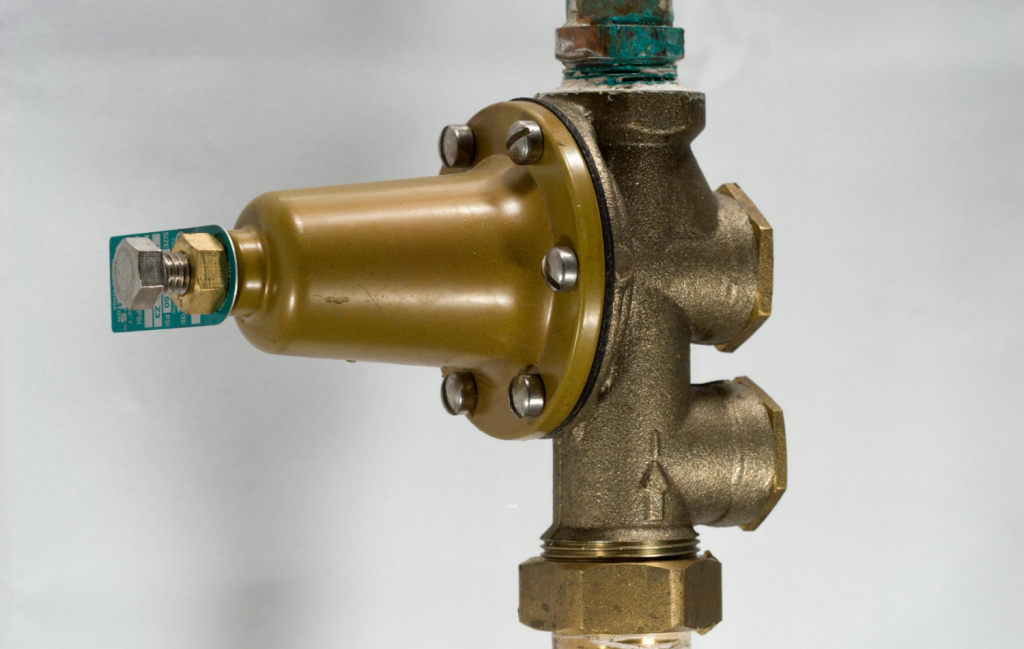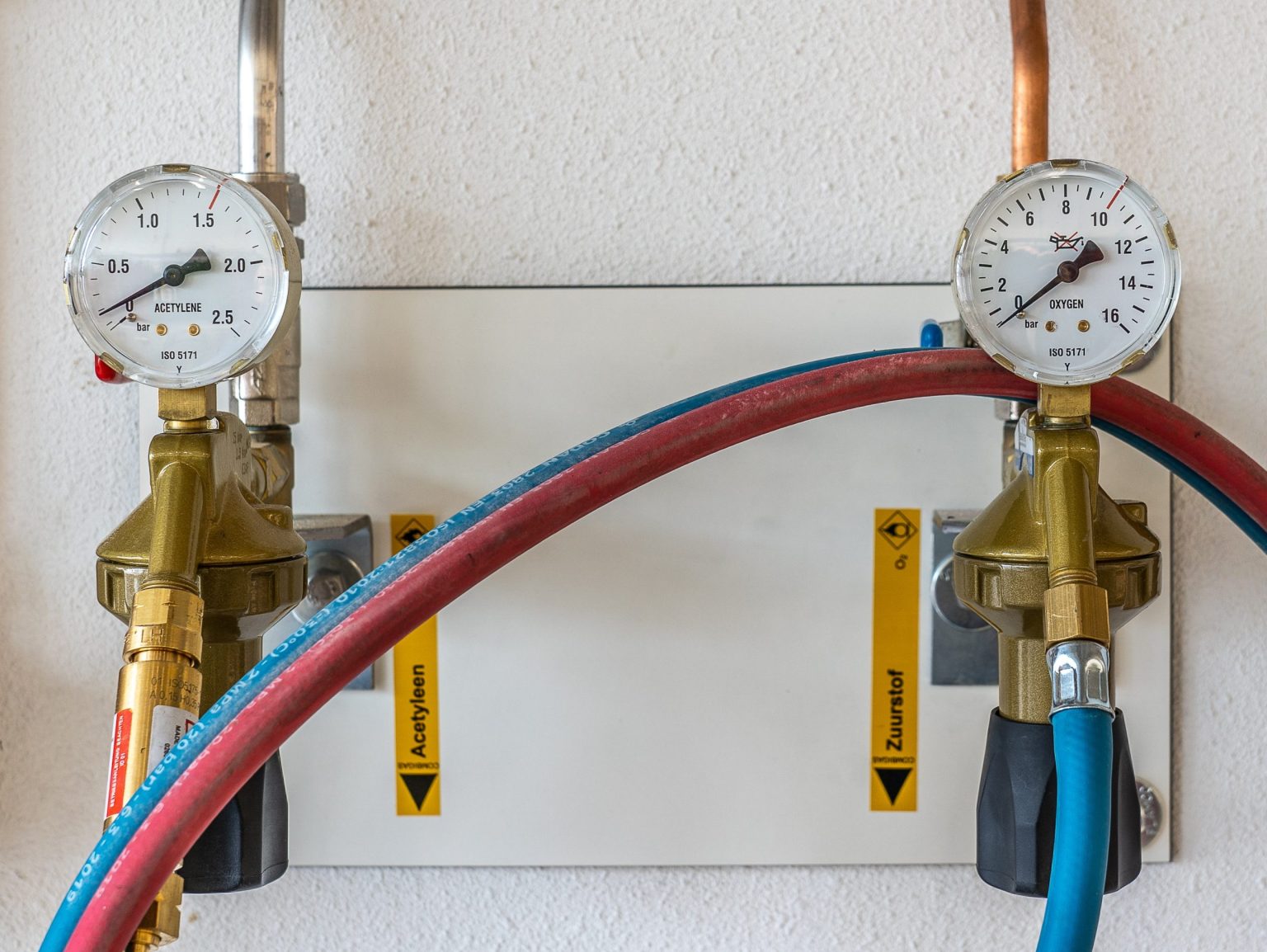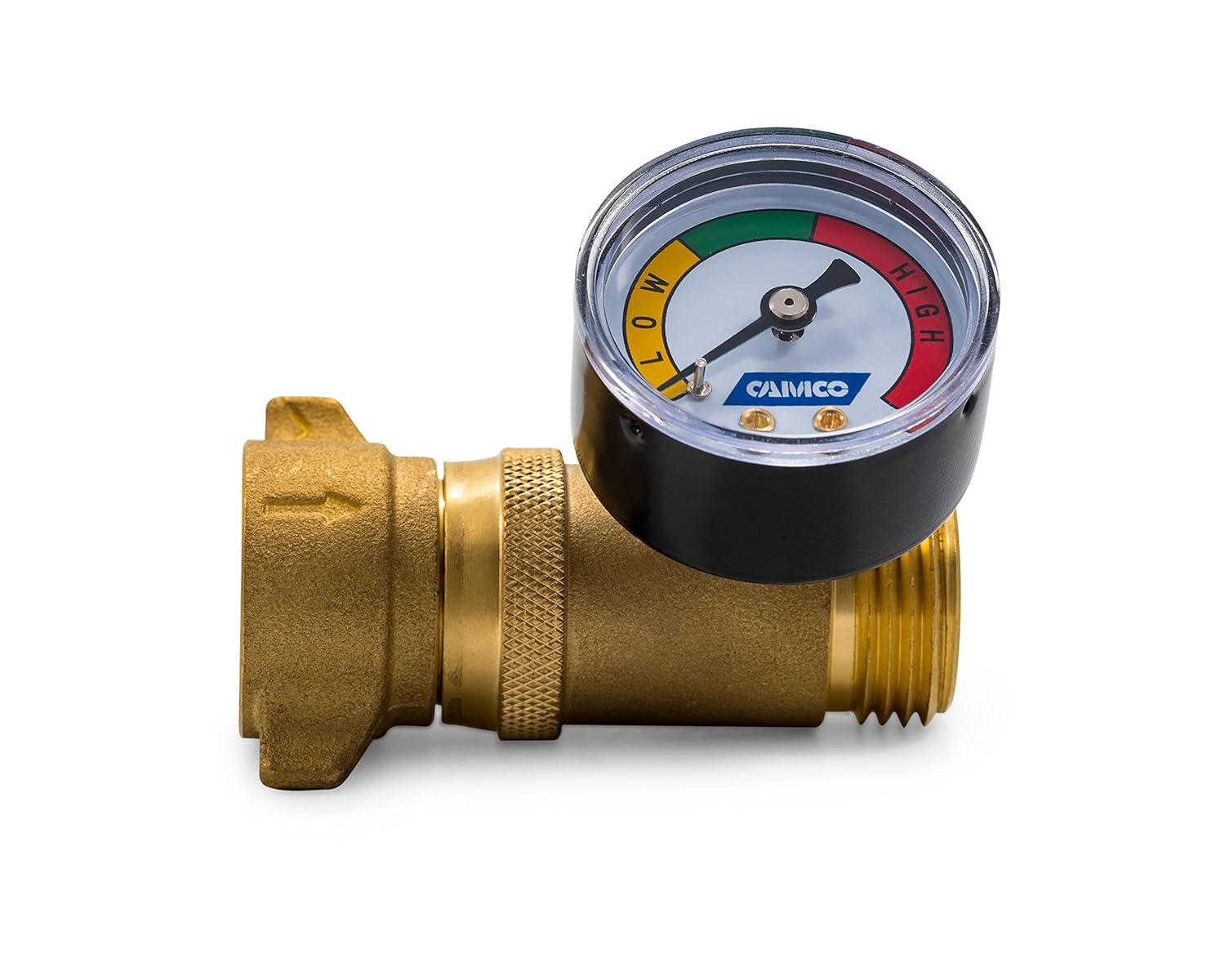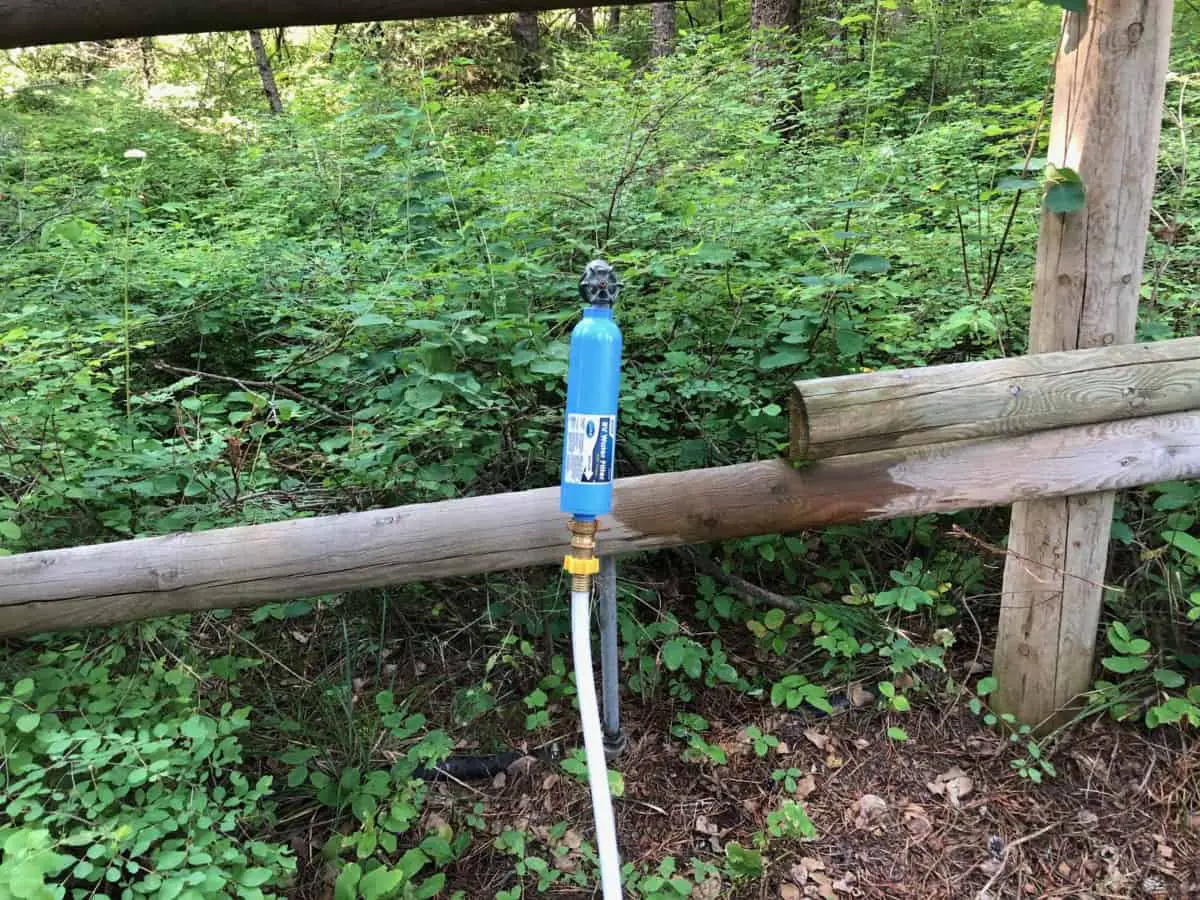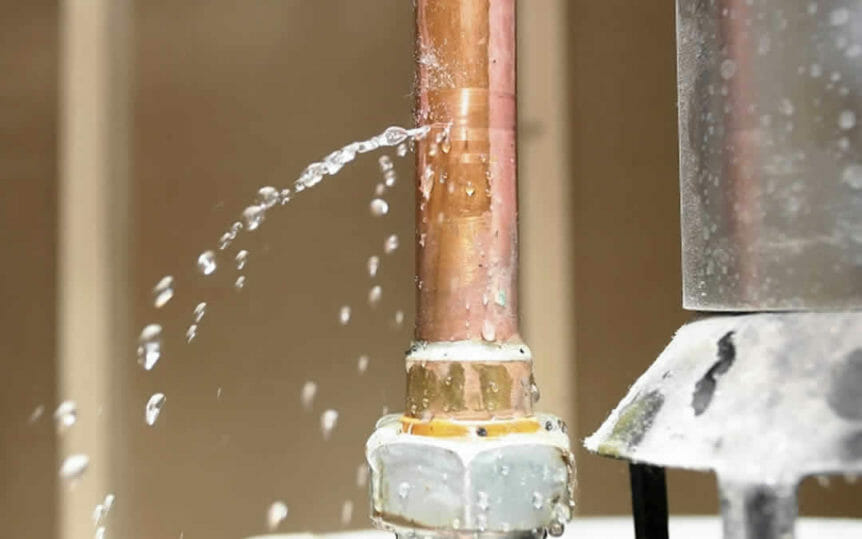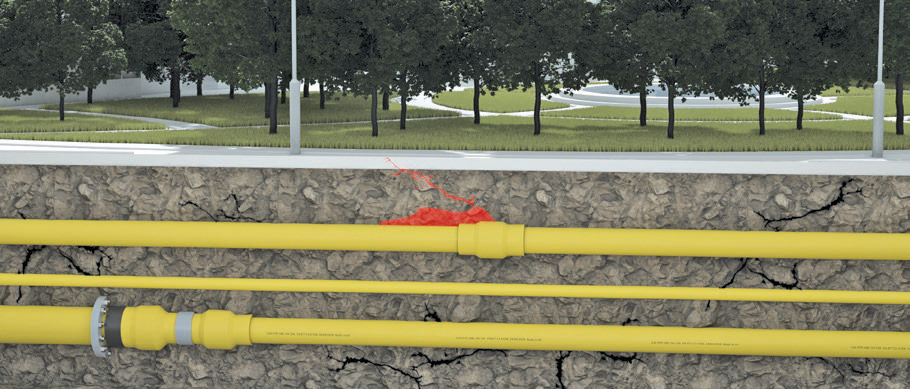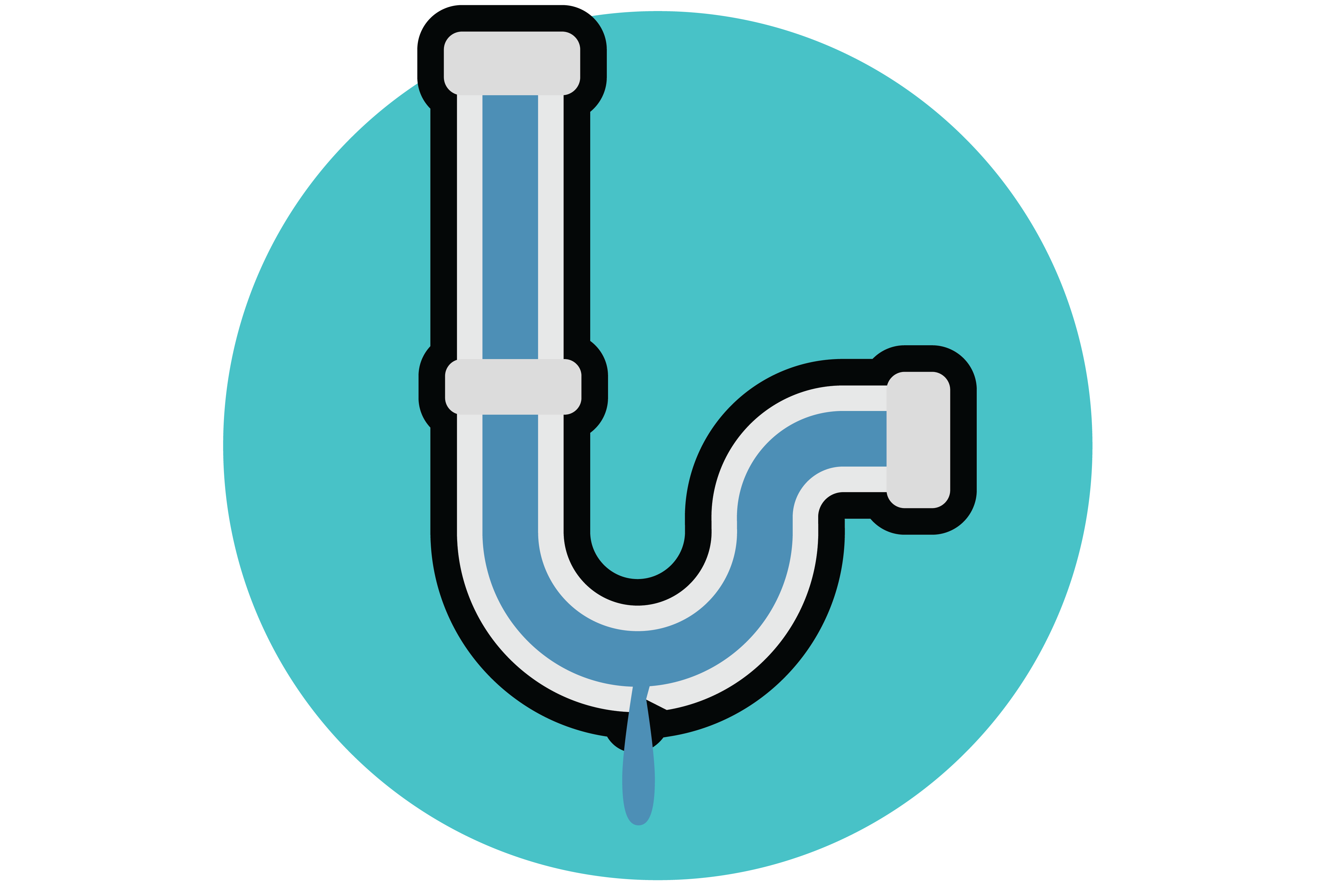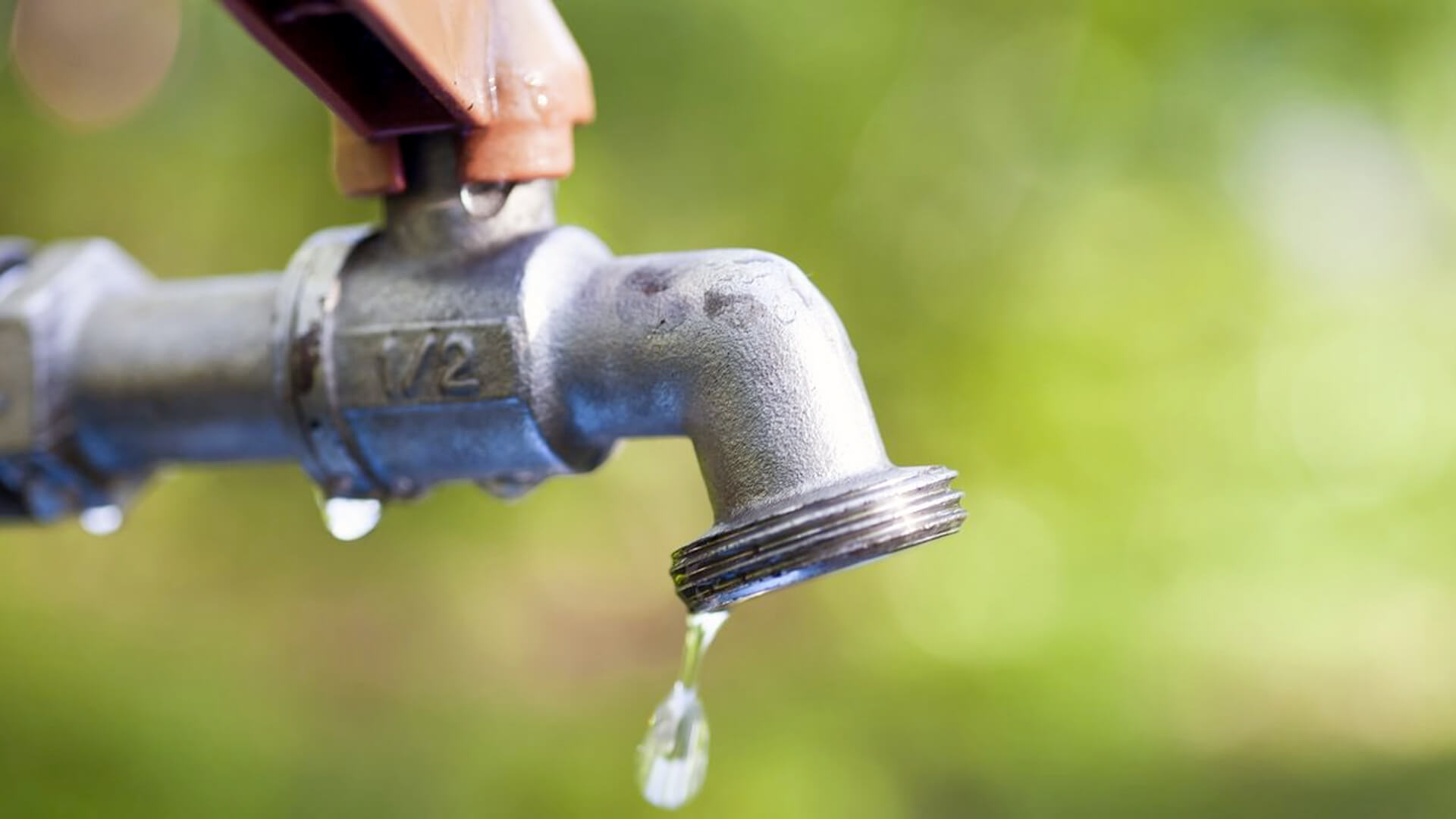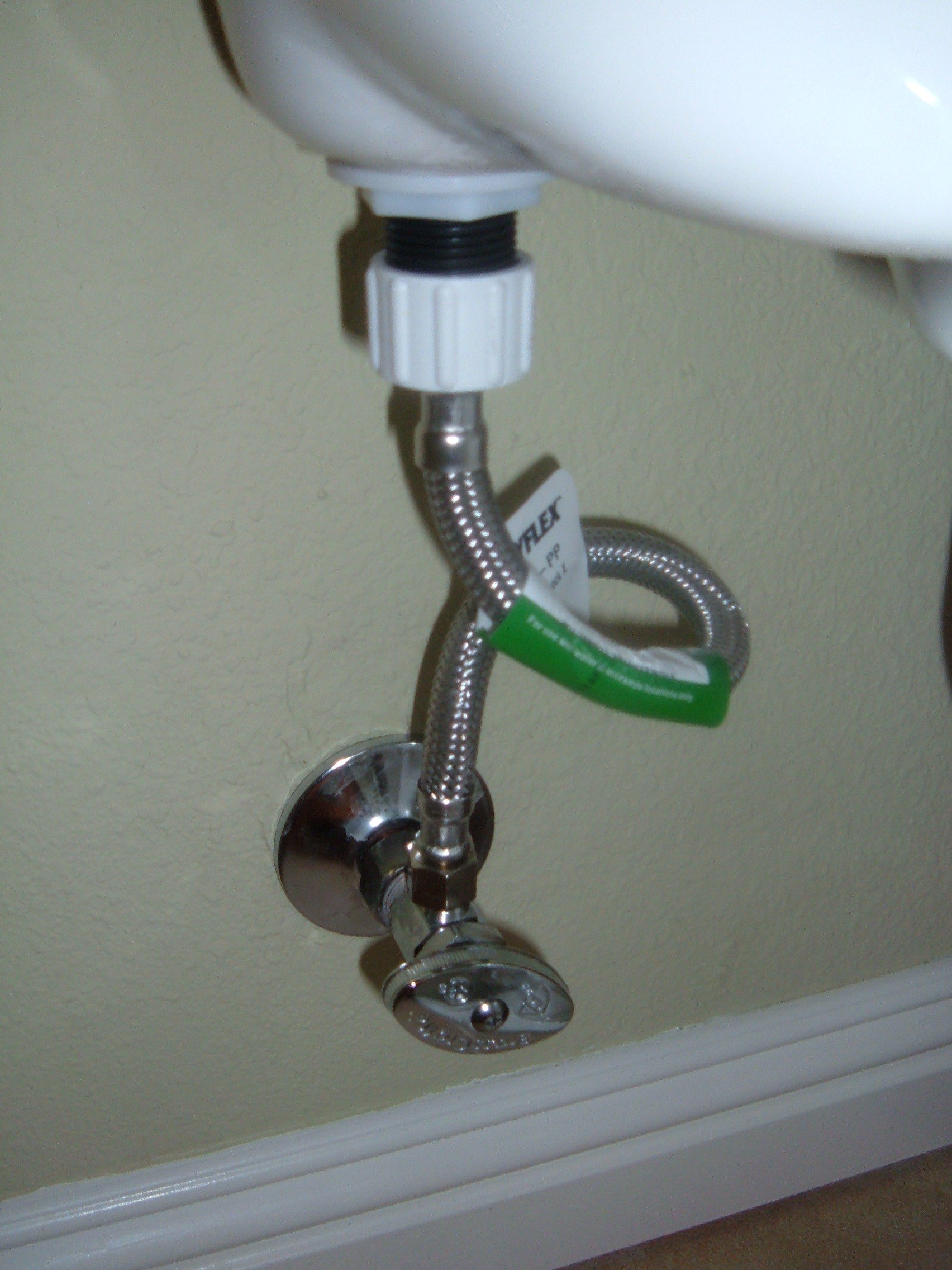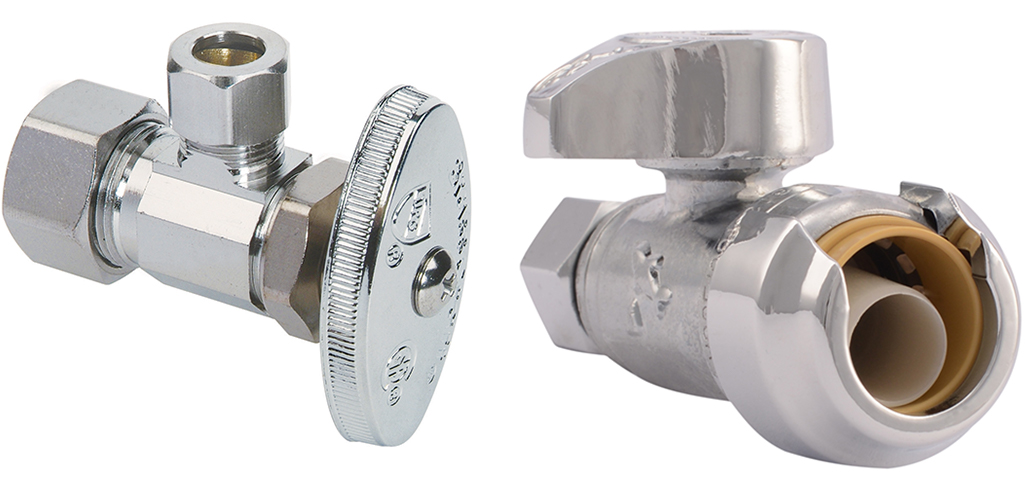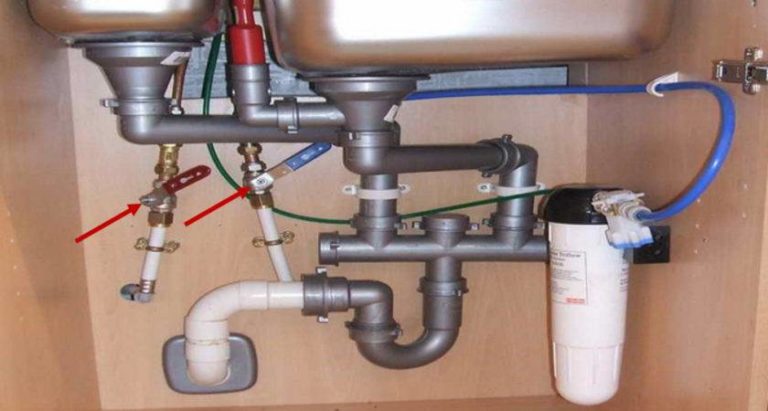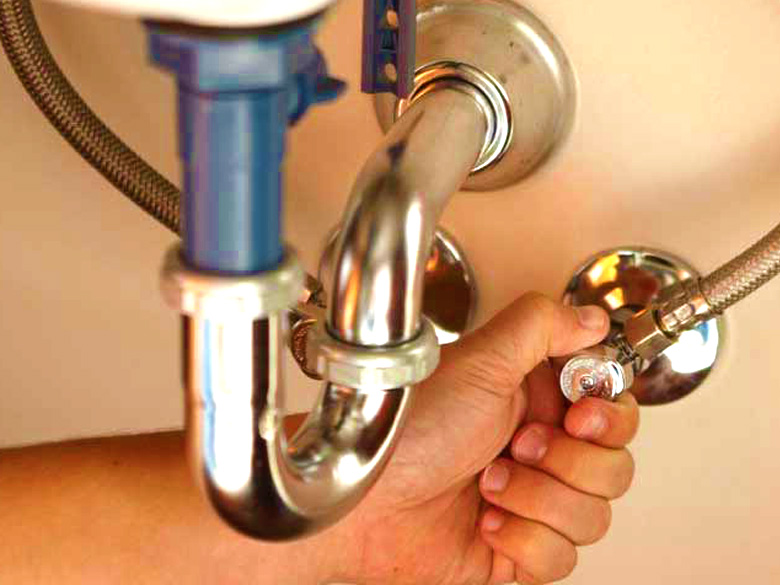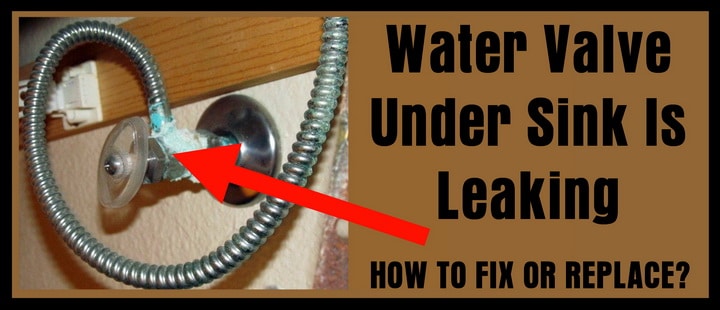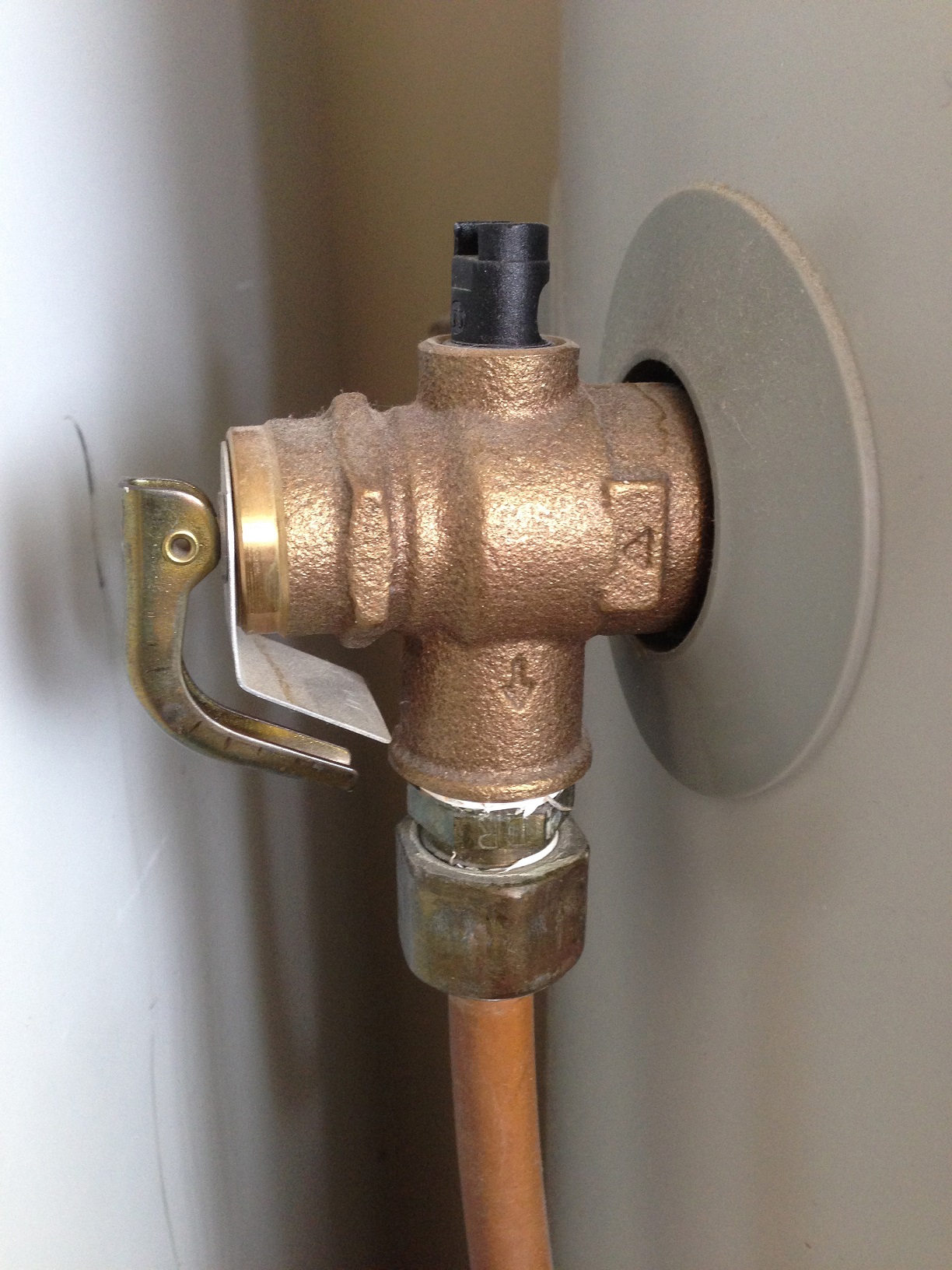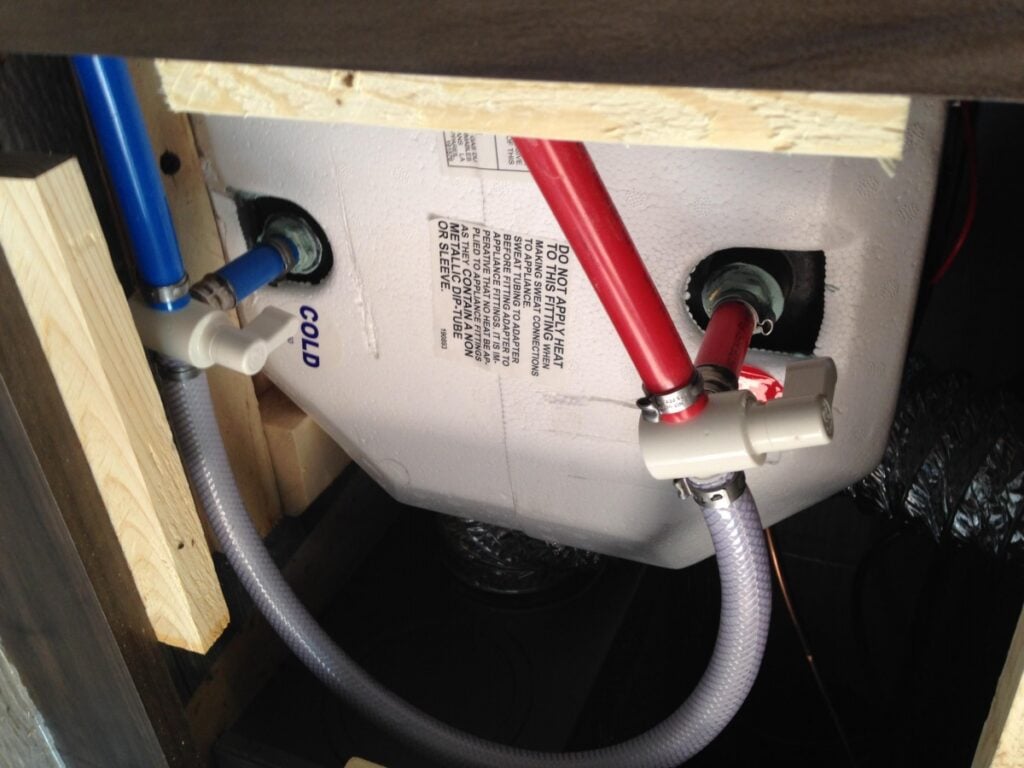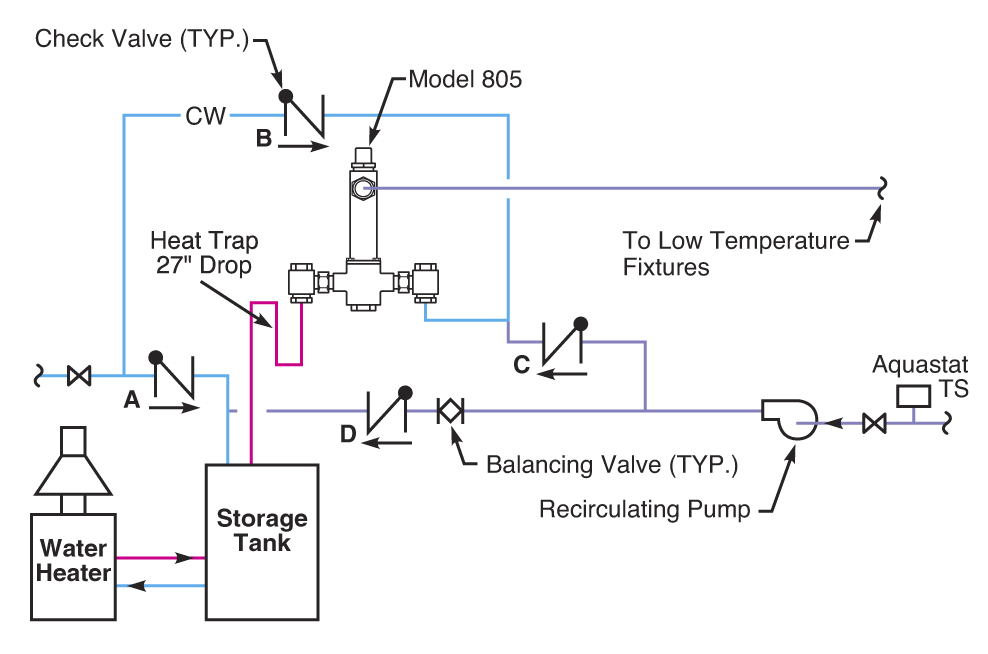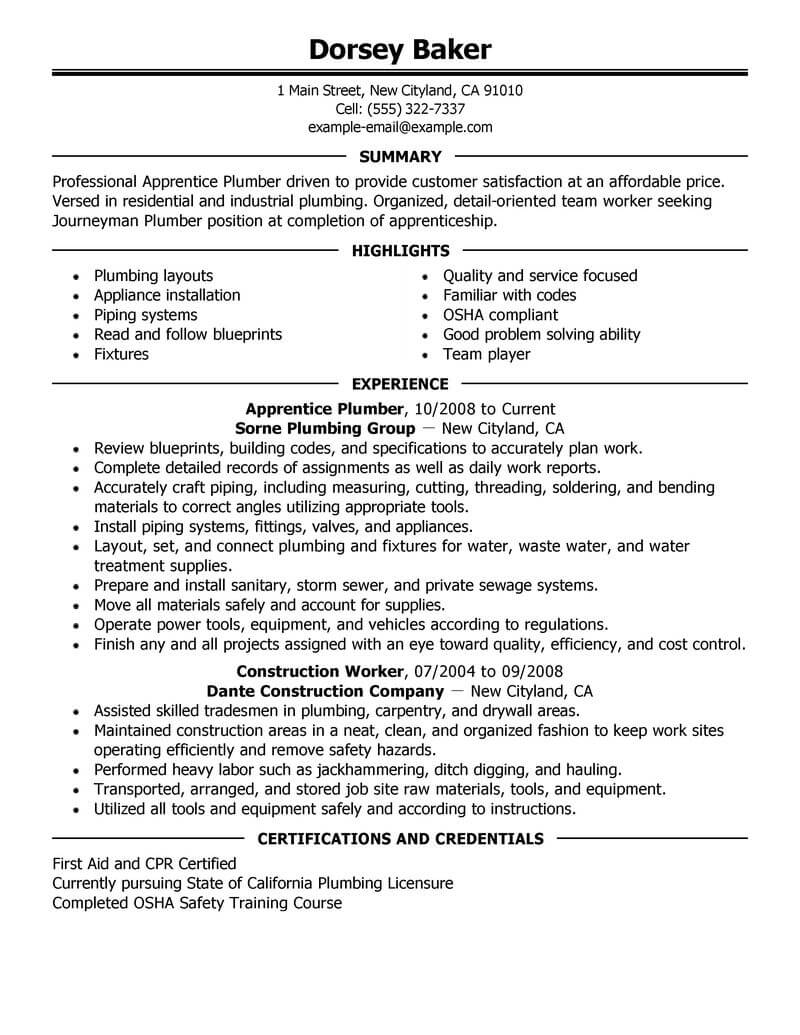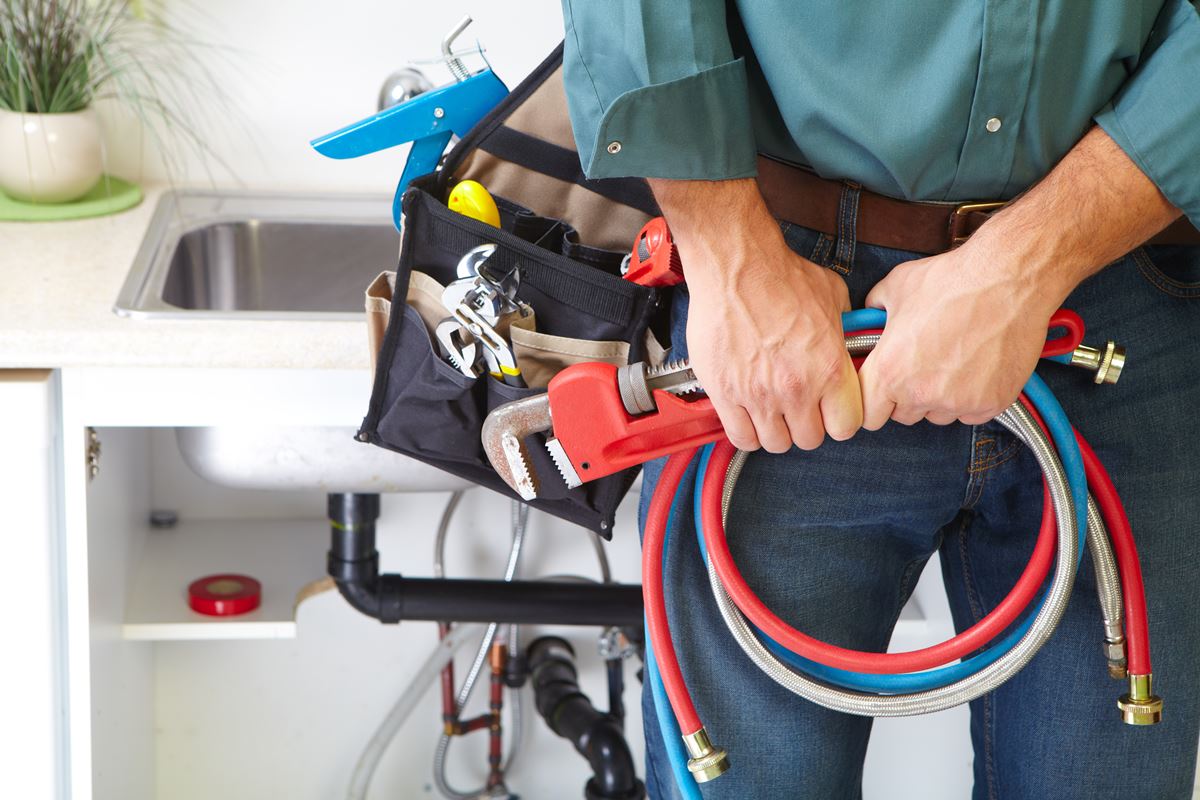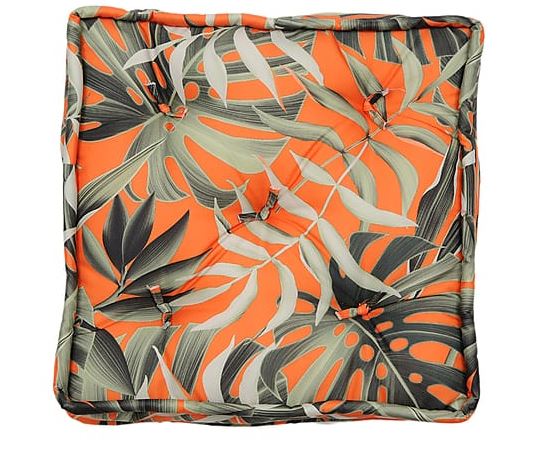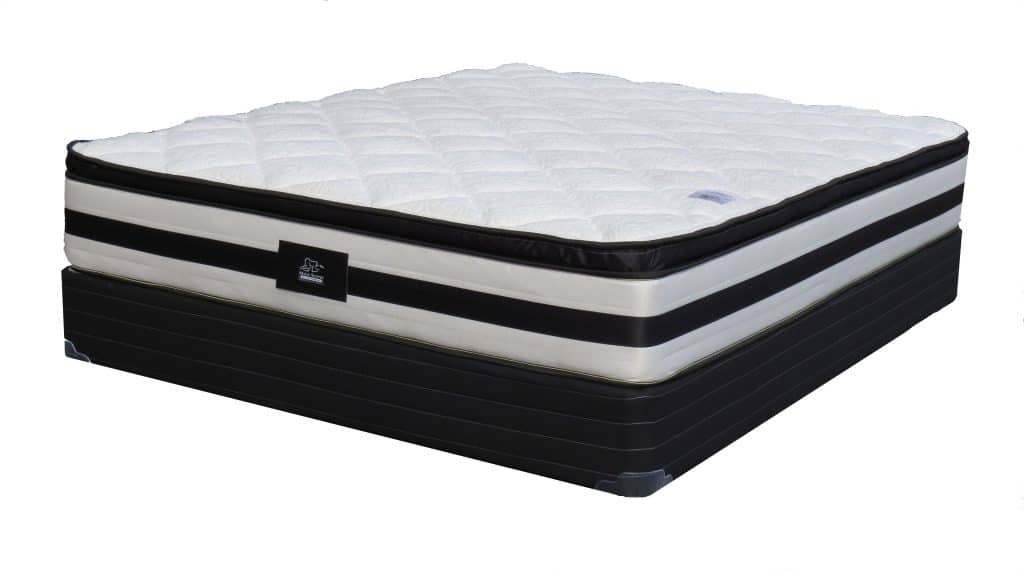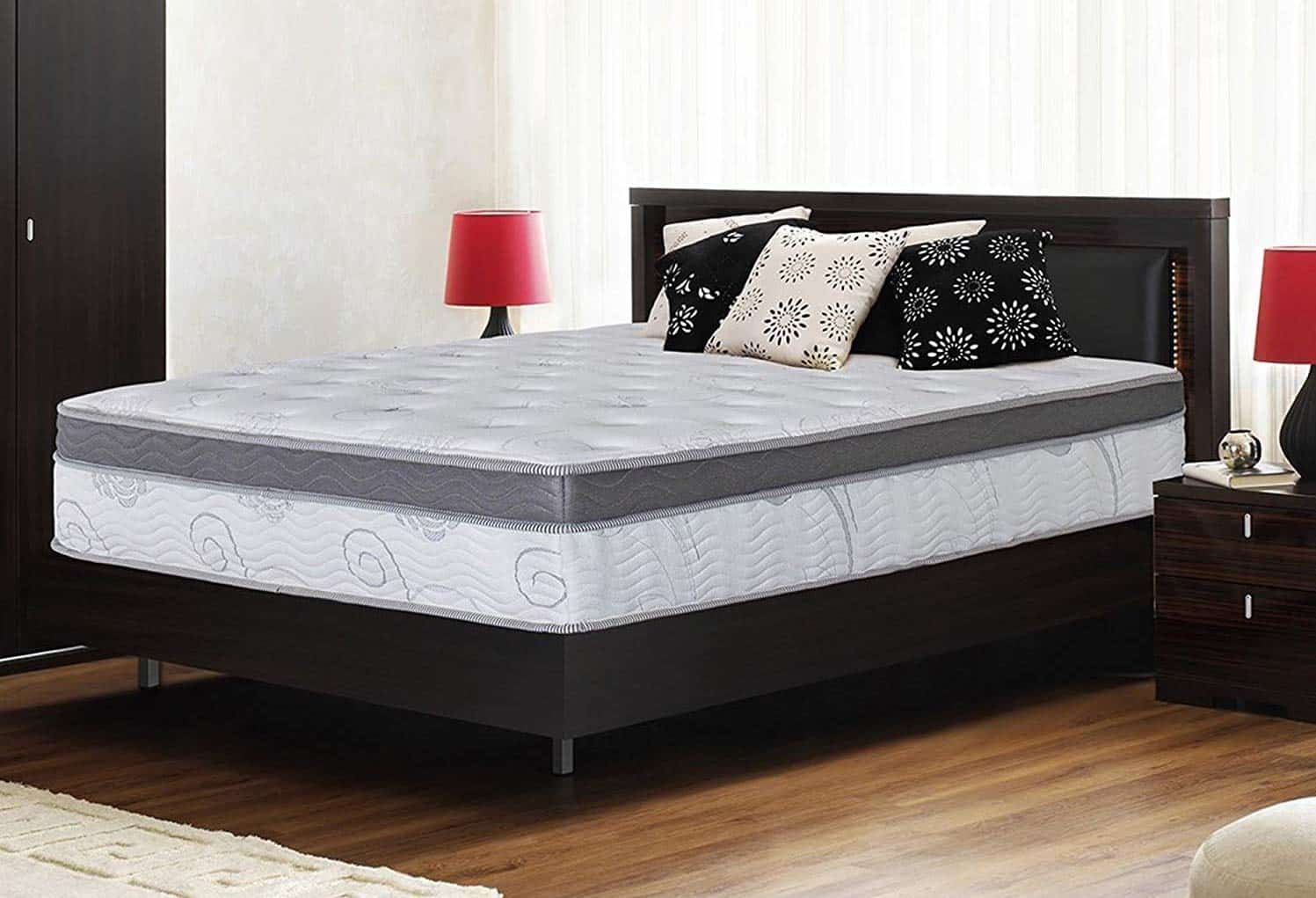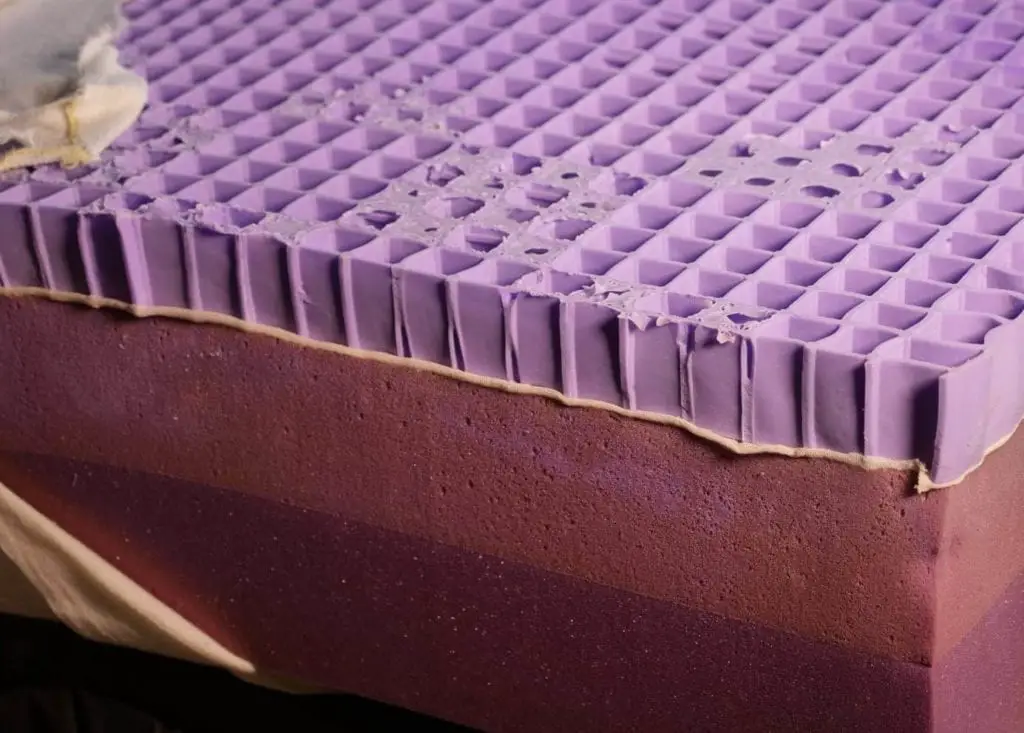The aerator is a small screen located at the end of your kitchen sink faucet. It helps to regulate the water flow and prevent splashing. Over time, mineral deposits and debris can build up and clog the aerator, causing low water pressure. To check if the aerator is the culprit behind your hot water pressure issues, unscrew it from the faucet and clean it with a mixture of equal parts water and vinegar. If the aerator is damaged, it may need to be replaced.1. Check the aerator
There are usually two shut-off valves under your kitchen sink – one for hot water and one for cold water. If the hot water shut-off valve is partially closed, it could be restricting the flow of hot water to your kitchen sink. Make sure that the valve is fully open and not obstructed by any objects. If the valve seems to be damaged or faulty, it may need to be replaced.2. Check the shut-off valves
The water supply line is the pipe that connects your kitchen sink to the main water supply. Over time, it can become corroded or damaged, leading to low water pressure. Make sure there are no kinks or blockages in the water supply line. If you notice any damage, it may need to be replaced by a professional plumber.3. Check the water supply line
If the low hot water pressure is not just limited to your kitchen sink, the issue may be with your hot water heater. Check the temperature setting on your hot water heater and make sure it is set to at least 120 degrees Fahrenheit. If the temperature is too low, it can affect the water pressure. You can also try flushing out the hot water heater to remove any sediment or debris that may be causing the issue.4. Check the hot water heater
If you have an older plumbing system, it is possible that the pipes leading to your kitchen sink may have accumulated rust, debris, or mineral deposits over time. This can lead to clogs and lower water pressure. To check for clogs, turn off the water supply and detach the pipes under the sink. Use a plumbing snake or a wire hanger to remove any blockages. If the clog is severe, it may be best to call a professional plumber.5. Check for clogs in the pipes
A water pressure regulator is a device that controls the water pressure in your plumbing system. If the regulator is faulty or damaged, it can cause low water pressure in your kitchen sink. To check the water pressure, attach a pressure gauge to an outdoor faucet and turn on the water. If the pressure is below 40-45 psi, it may be a sign that the regulator needs to be replaced.6. Check the water pressure regulator
A leak in your plumbing system can lead to a decrease in water pressure as well as water wastage. Check all the pipes under your kitchen sink for any visible leaks or puddles of water. If you notice any leaks, it is best to call a plumber to fix the issue before it gets worse.7. Check for leaks in the pipes
There is a hot water valve located under your kitchen sink that controls the flow of hot water to your faucet. If this valve is partially closed, it can restrict the flow of hot water and cause low water pressure. Make sure the valve is fully open and not damaged in any way.8. Check the hot water valve under the sink
In addition to the hot water valve under your sink, there is also a valve on your hot water heater that controls the flow of hot water to your entire house. If this valve is partially closed, it can affect the hot water pressure in all the faucets in your home, including the kitchen sink. Make sure the valve is fully open and not damaged.9. Check the hot water valve on the hot water heater
If you have tried all of the above solutions and are still experiencing low hot water pressure in your kitchen sink, it may be time to call a professional plumber. They will be able to diagnose the issue and provide a solution that is specific to your plumbing system. Do not attempt to fix complex plumbing issues on your own, as it could end up causing more damage and costing you more money in the long run. In conclusion, low hot water pressure in your kitchen sink can be a frustrating issue, but it is not uncommon and can usually be solved with some troubleshooting. Check the aerator, shut-off valves, water supply line, hot water heater, pipes, and valves to determine the cause of the problem. If all else fails, do not hesitate to call a plumber for professional assistance. With the right solution, you can have your hot water pressure back to normal and enjoy a fully functioning kitchen sink once again.10. Call a plumber for professional assistance
The Importance of Proper Hot Water Pressure in Your Kitchen Sink

Why It Matters in House Design
 When it comes to designing and building a house, many homeowners focus on aesthetic features such as the layout, color scheme, and furniture. While these elements are important, it's crucial to also pay attention to the functionality of your home. One aspect that often gets overlooked is the hot water pressure in the kitchen sink. This may seem like a minor detail, but it can have a significant impact on your daily life and the overall value of your home.
Hot water pressure
refers to the force at which water flows through your pipes and out of your faucets. In the kitchen, it's particularly important to have proper hot water pressure because this is where you do most of your cooking and cleaning. Imagine trying to wash dishes or cook pasta with a weak water flow – it would take twice as long and be incredibly frustrating.
Low hot water pressure in the kitchen sink
can be caused by a variety of factors, including clogged pipes, a faulty water heater, or a problem with the municipal water supply. Whatever the reason, it's important to address the issue as soon as possible to avoid further inconvenience and potential damage to your home.
Not only is proper hot water pressure essential for convenience and efficiency in your daily tasks, but it can also affect the value of your home.
Kitchen design
is a crucial factor for potential buyers, and a kitchen with low hot water pressure can be a red flag. It may indicate underlying plumbing issues that could be costly to fix, making your home less desirable on the market.
Fortunately, there are several
solutions
to address low hot water pressure in your kitchen sink. One option is to install a booster pump, which can increase the water pressure and improve the flow. Another solution is to replace old, corroded pipes that may be causing the issue. It's best to consult a professional plumber to determine the root cause of the problem and find the best solution for your specific situation.
In conclusion, proper hot water pressure in your kitchen sink is a crucial aspect of house design that should not be overlooked. It not only affects your daily tasks but also has an impact on the value of your home. If you're experiencing low hot water pressure, don't hesitate to address the issue and find a solution that works for you. Your future self (and potential buyers) will thank you.
When it comes to designing and building a house, many homeowners focus on aesthetic features such as the layout, color scheme, and furniture. While these elements are important, it's crucial to also pay attention to the functionality of your home. One aspect that often gets overlooked is the hot water pressure in the kitchen sink. This may seem like a minor detail, but it can have a significant impact on your daily life and the overall value of your home.
Hot water pressure
refers to the force at which water flows through your pipes and out of your faucets. In the kitchen, it's particularly important to have proper hot water pressure because this is where you do most of your cooking and cleaning. Imagine trying to wash dishes or cook pasta with a weak water flow – it would take twice as long and be incredibly frustrating.
Low hot water pressure in the kitchen sink
can be caused by a variety of factors, including clogged pipes, a faulty water heater, or a problem with the municipal water supply. Whatever the reason, it's important to address the issue as soon as possible to avoid further inconvenience and potential damage to your home.
Not only is proper hot water pressure essential for convenience and efficiency in your daily tasks, but it can also affect the value of your home.
Kitchen design
is a crucial factor for potential buyers, and a kitchen with low hot water pressure can be a red flag. It may indicate underlying plumbing issues that could be costly to fix, making your home less desirable on the market.
Fortunately, there are several
solutions
to address low hot water pressure in your kitchen sink. One option is to install a booster pump, which can increase the water pressure and improve the flow. Another solution is to replace old, corroded pipes that may be causing the issue. It's best to consult a professional plumber to determine the root cause of the problem and find the best solution for your specific situation.
In conclusion, proper hot water pressure in your kitchen sink is a crucial aspect of house design that should not be overlooked. It not only affects your daily tasks but also has an impact on the value of your home. If you're experiencing low hot water pressure, don't hesitate to address the issue and find a solution that works for you. Your future self (and potential buyers) will thank you.


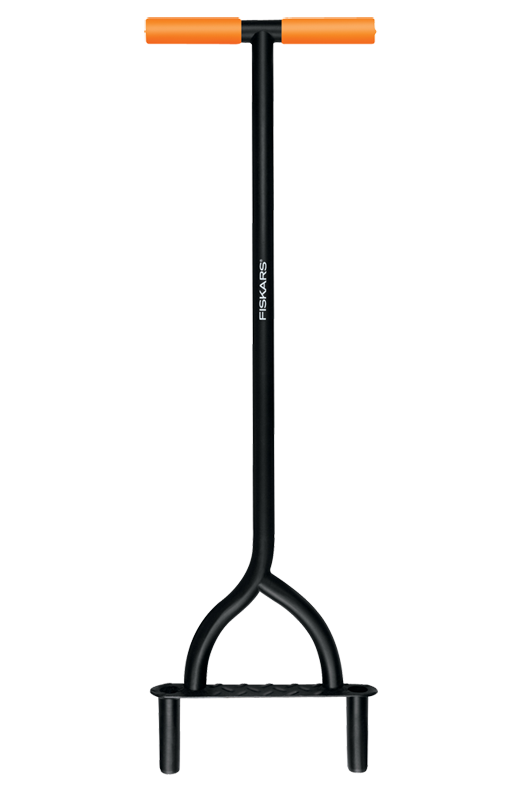

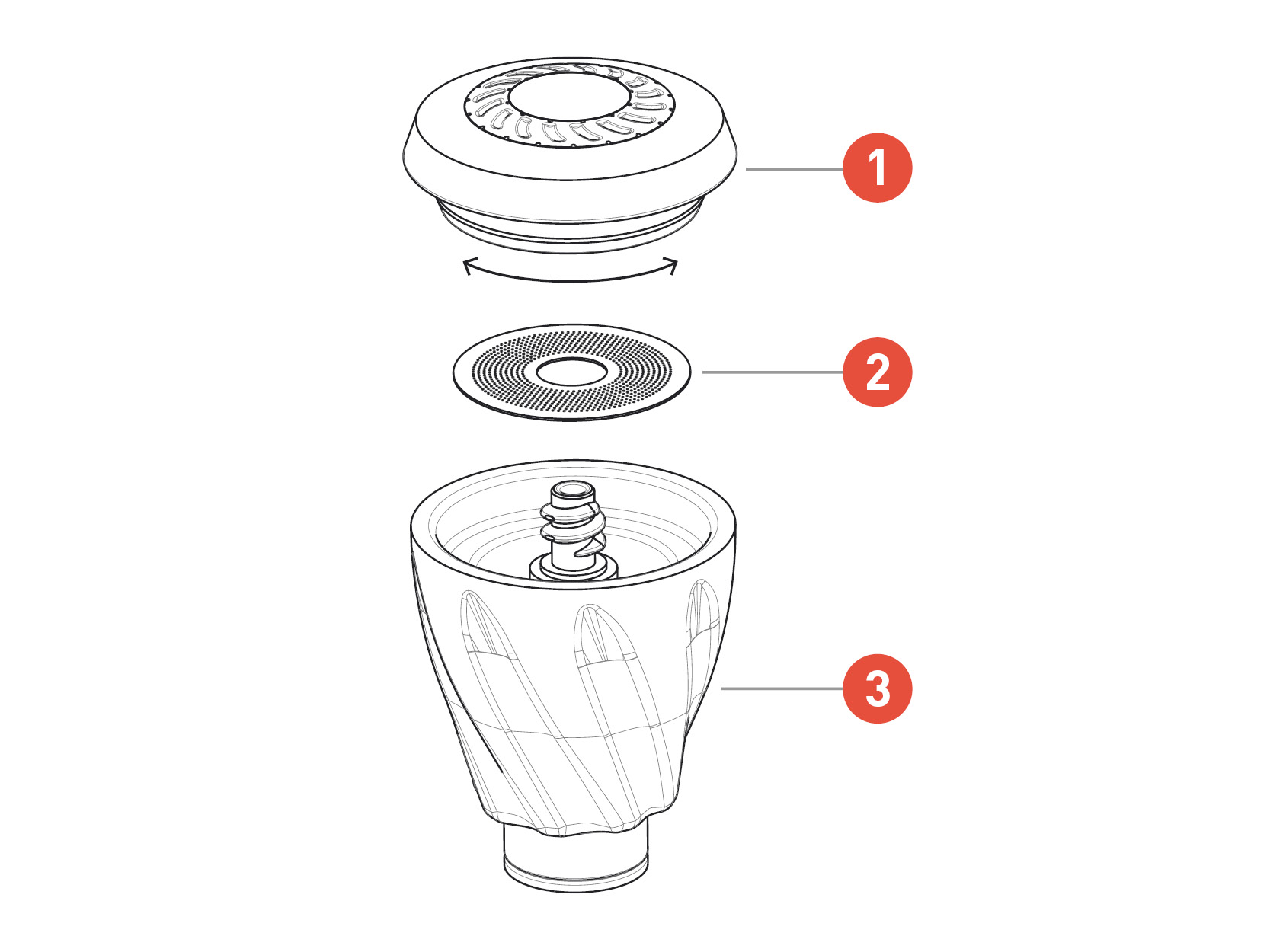

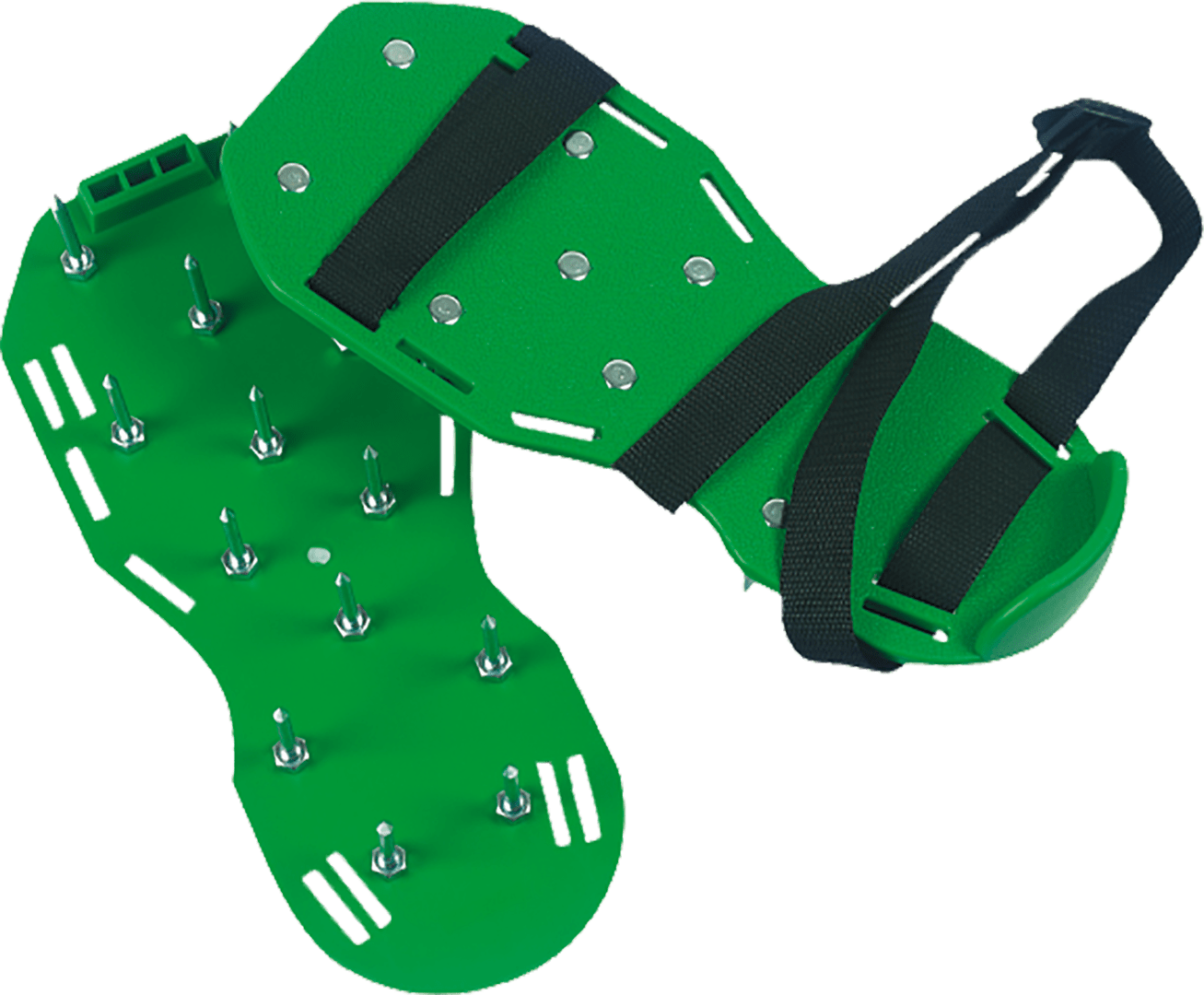



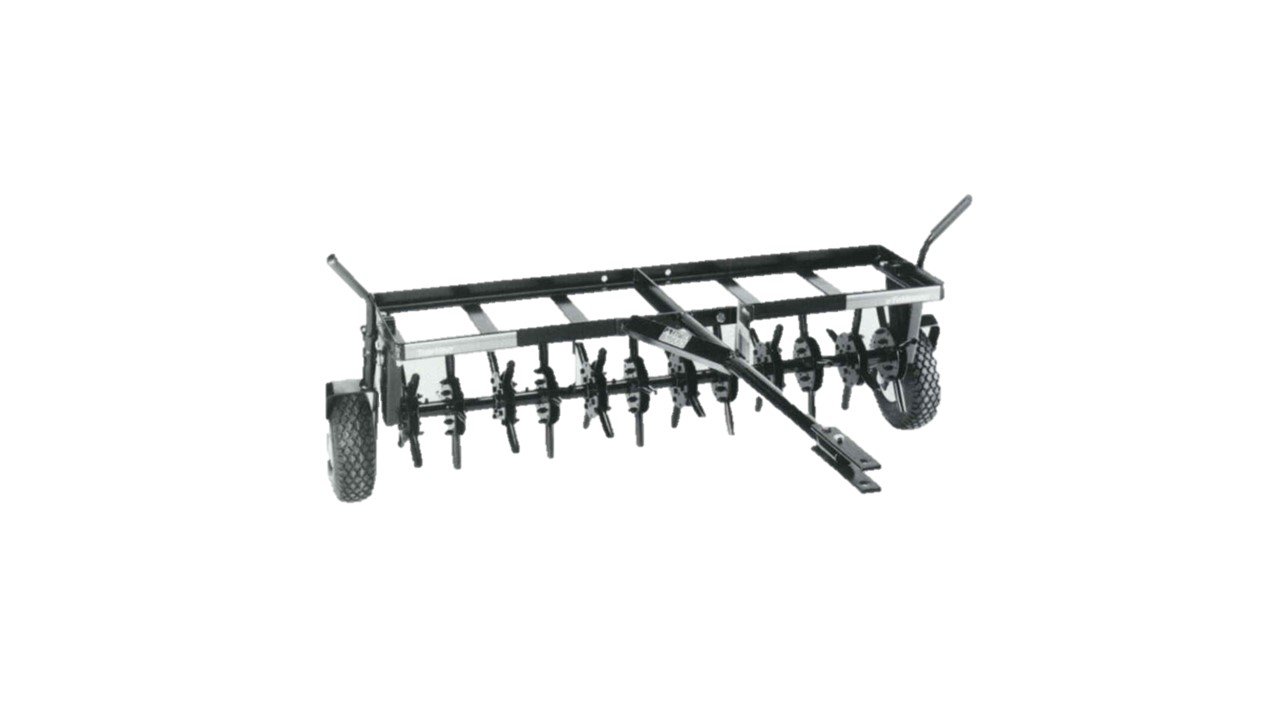




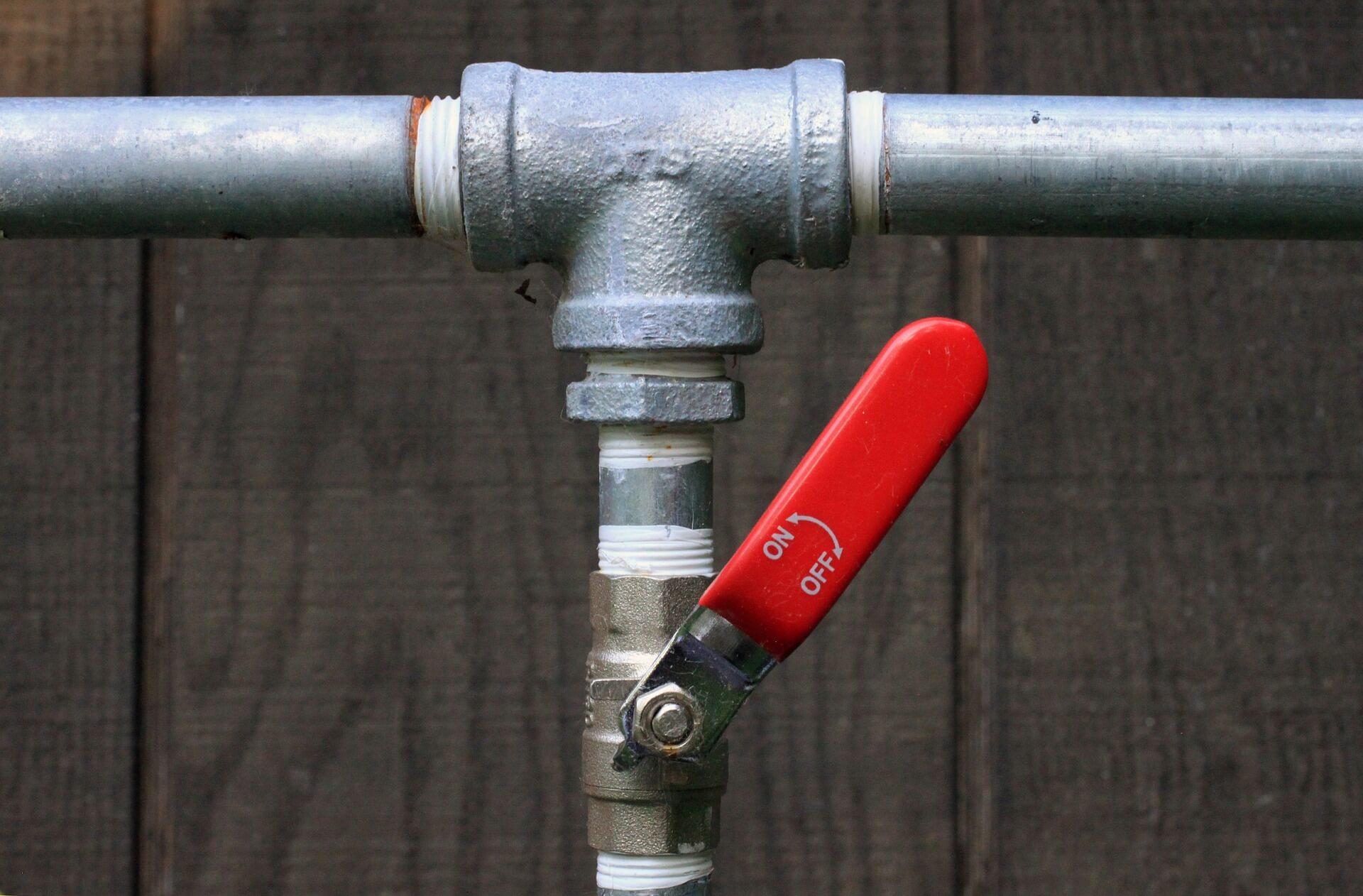
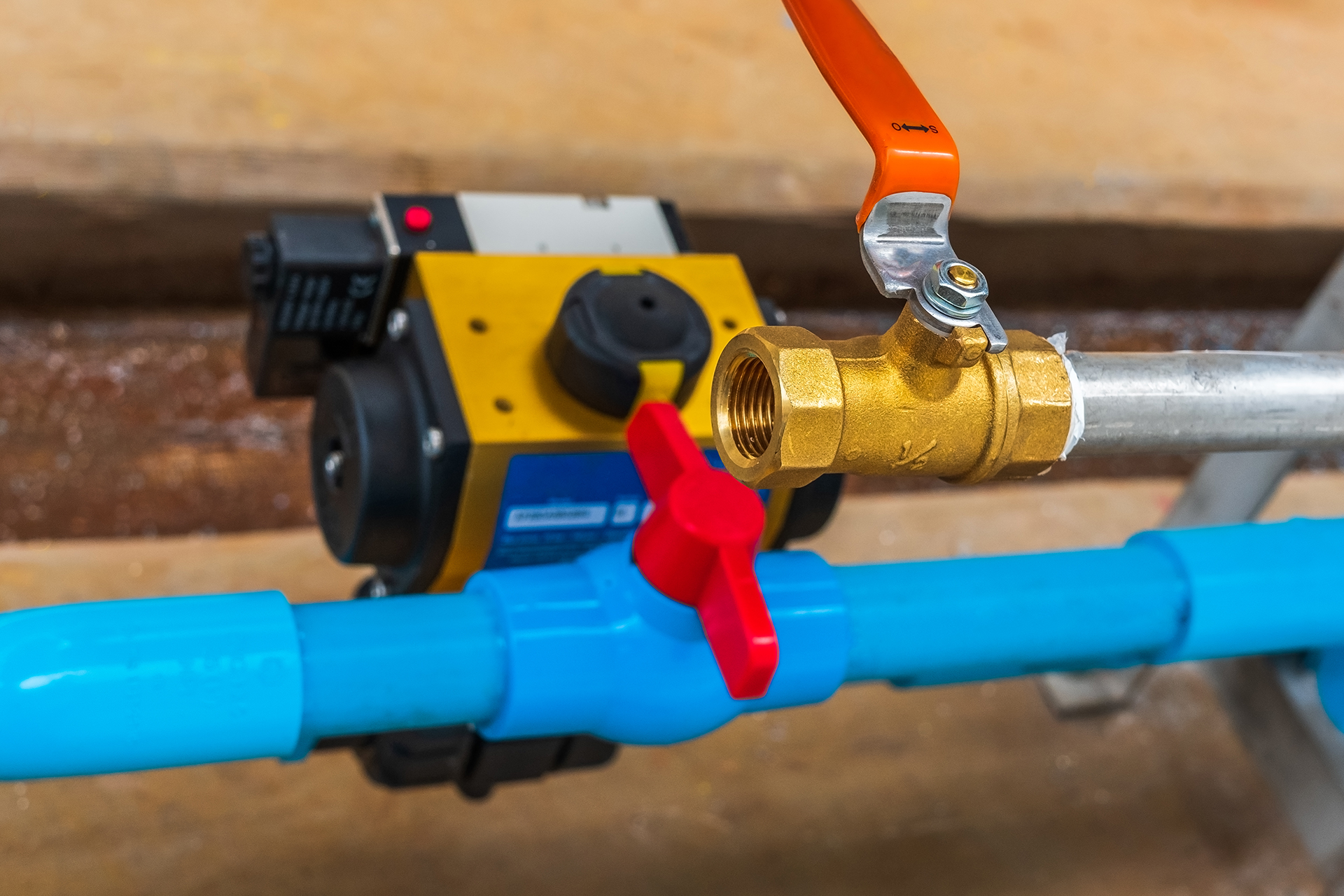




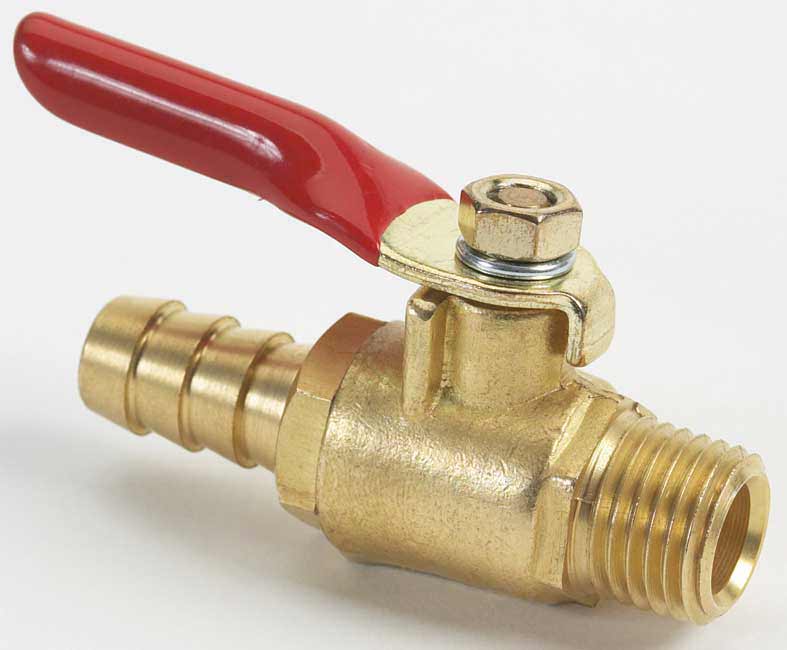


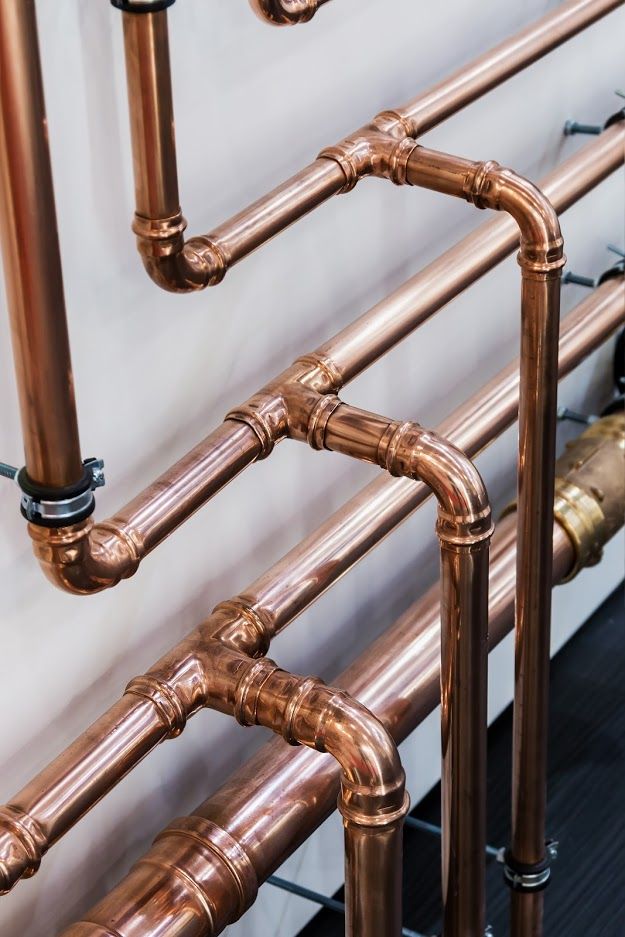



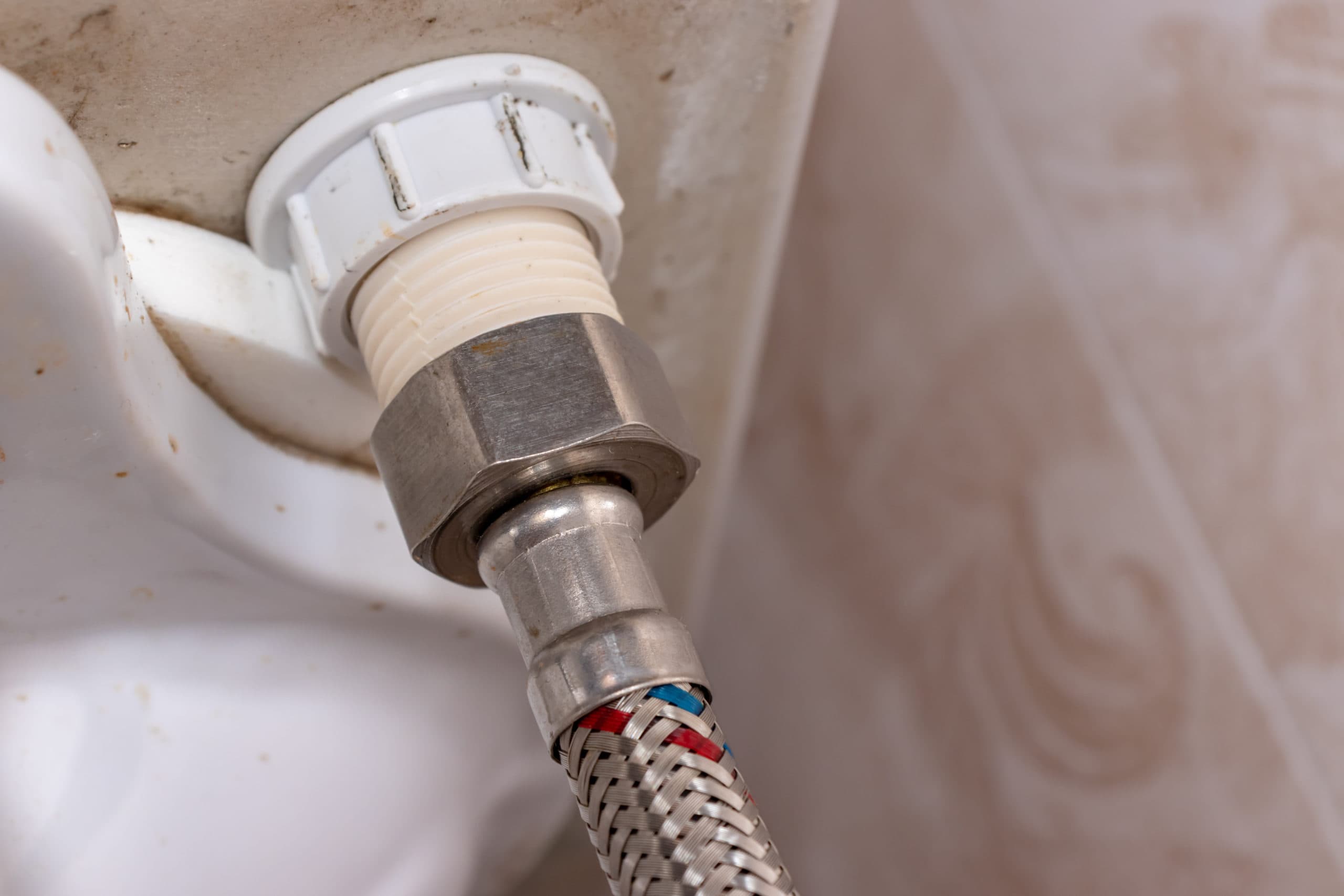



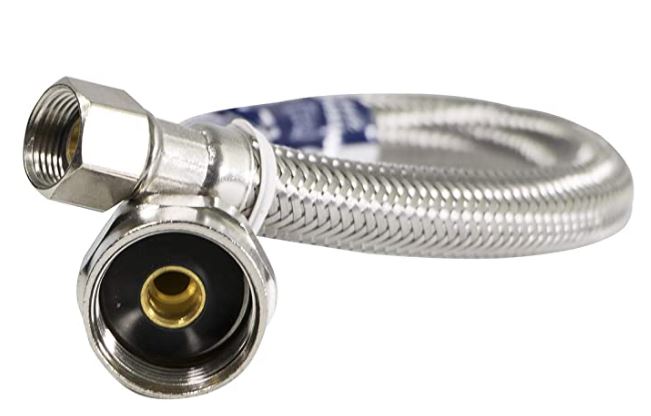

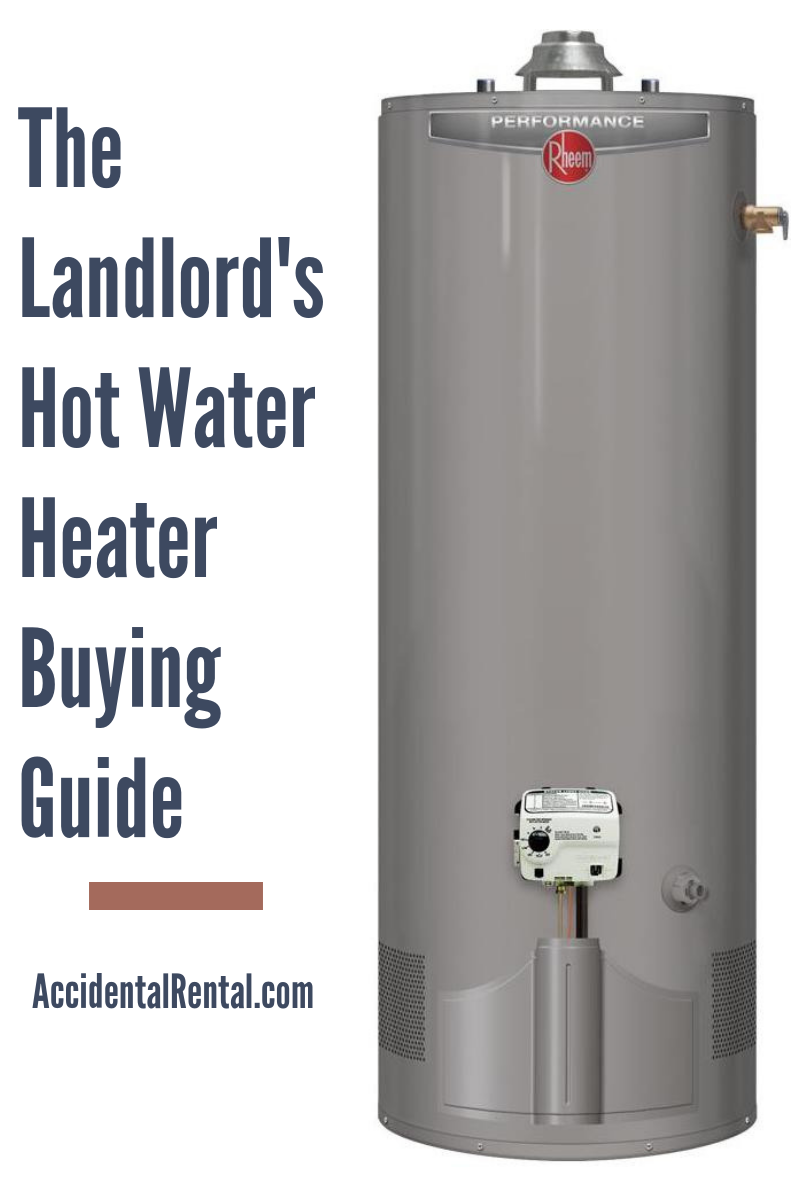





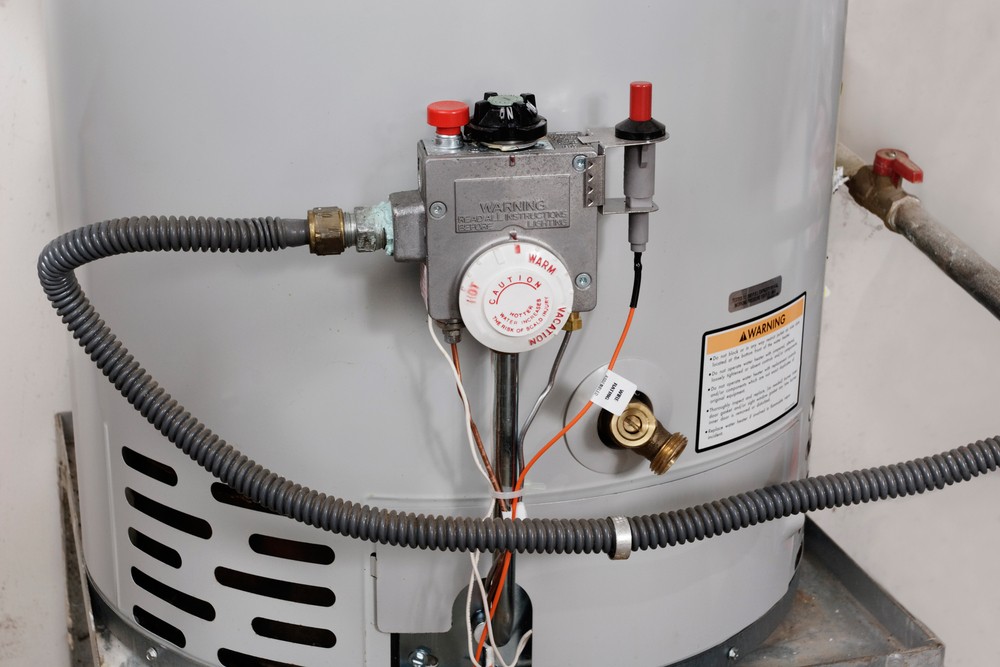

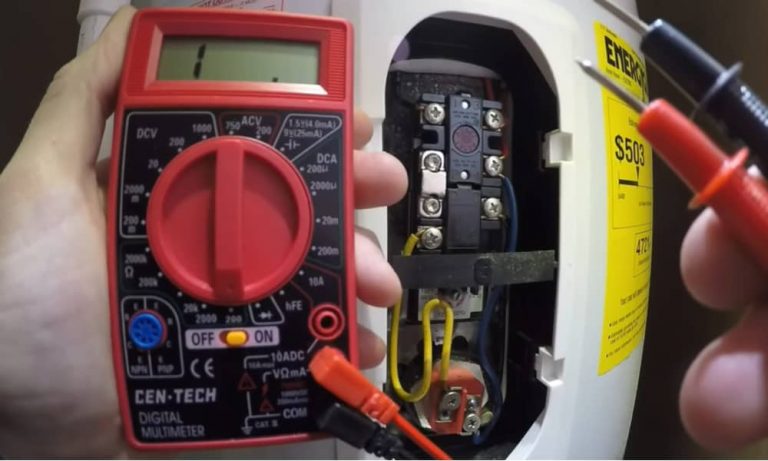

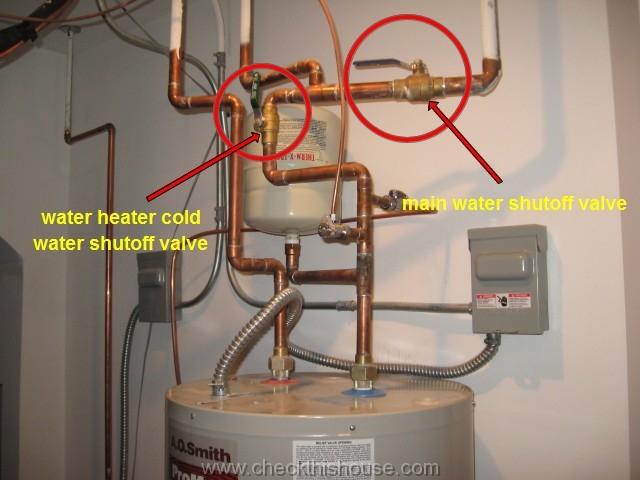



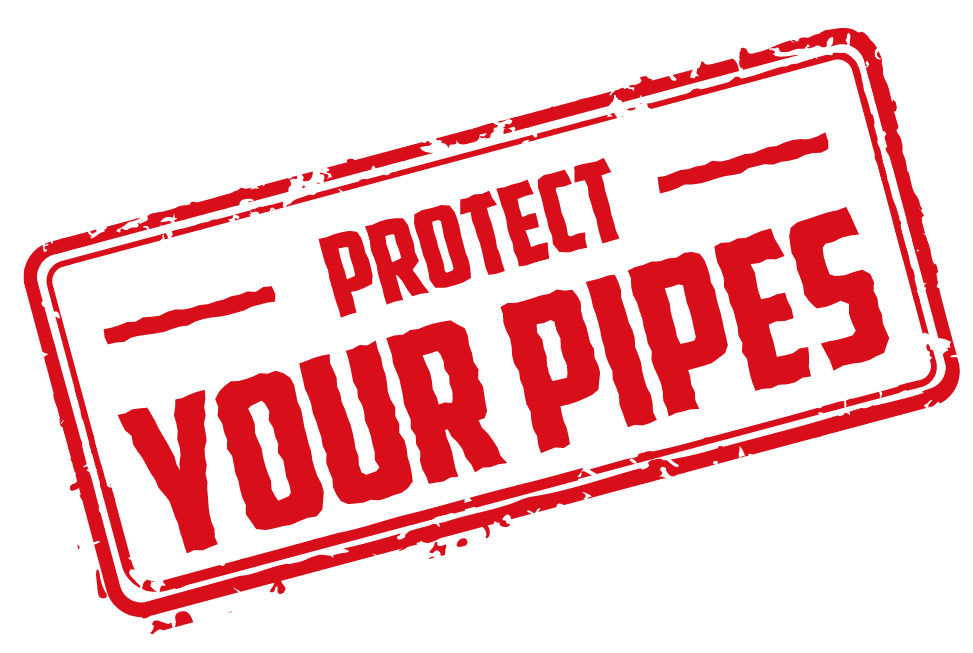


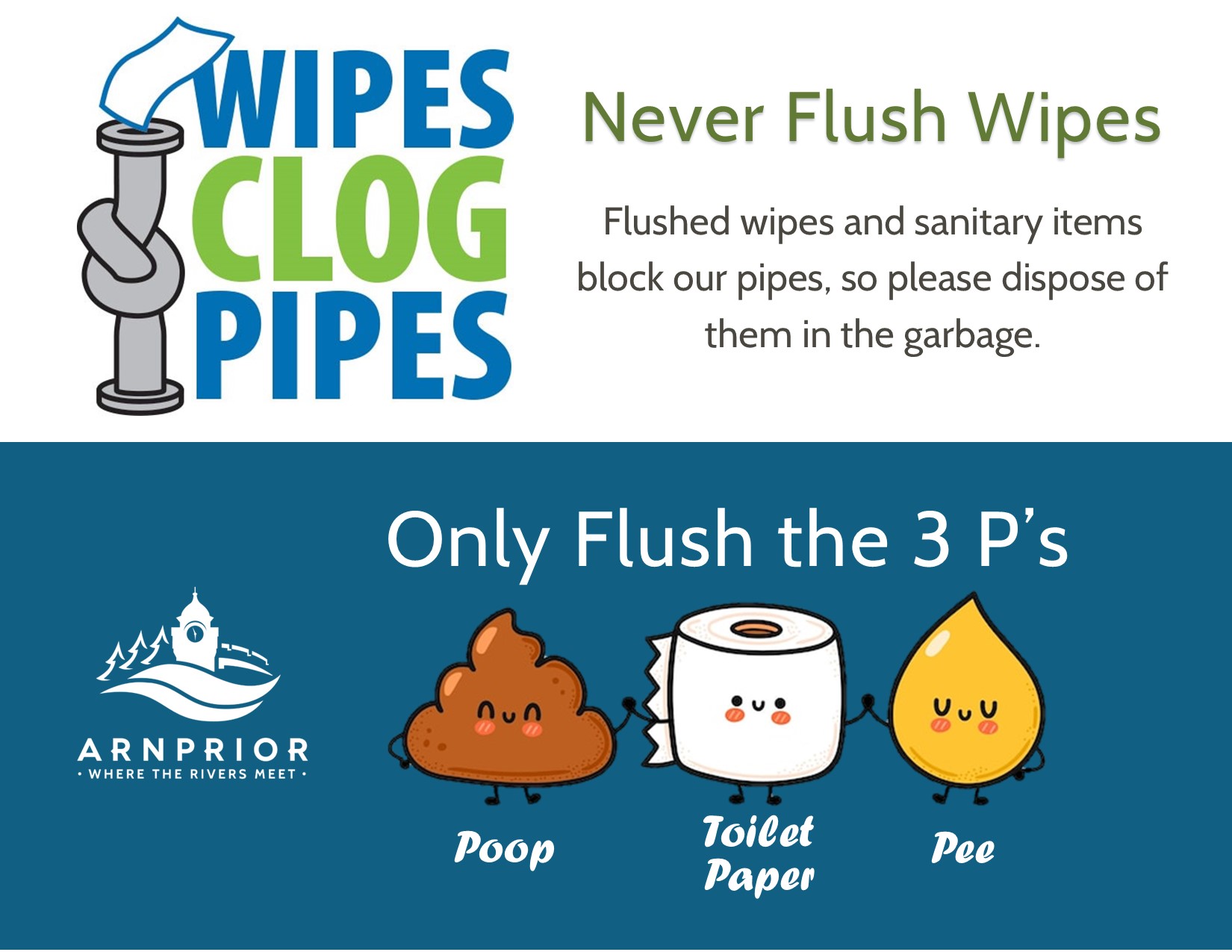

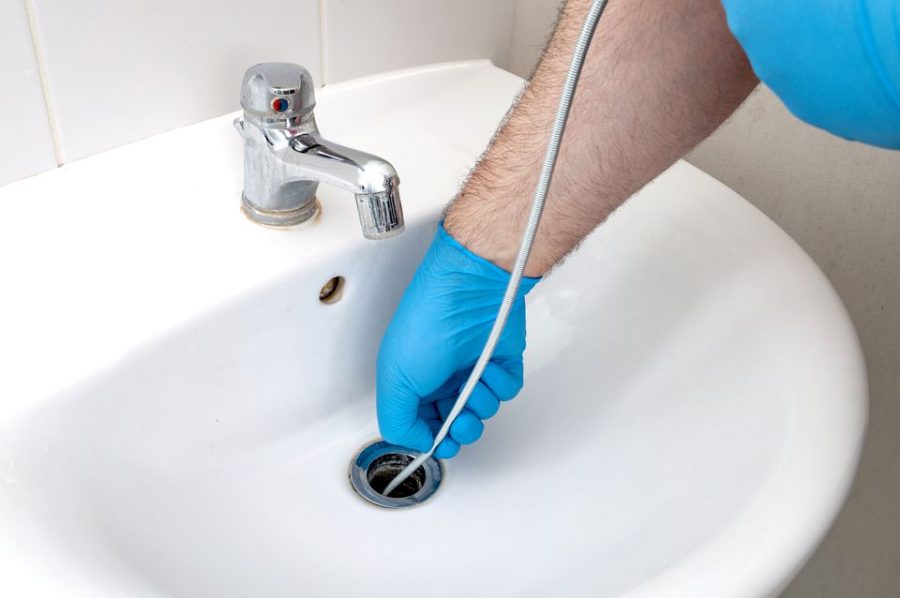





:max_bytes(150000):strip_icc()/the-men-s-hand-opens-the-ball-valve-on-the-collector-1006810456-5c5fc73fc9e77c000159c4af.jpg)
